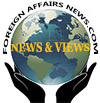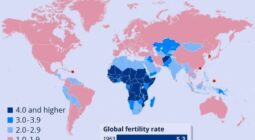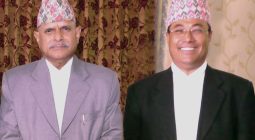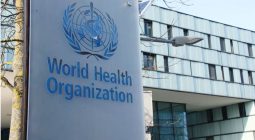On November 24, 2021, Colombia celebrated five years of signing the peace agreement with the Revolutionary Armed Force of Colombia (FARC), which ended 52 years of conflict between the Colombian government and FARC rebels.
The peace agreement demobilized over 13,000 FARC rebels and laid out comprehensive plans to ensure lasting peace, including ending political violence, justice for victims of conflict, rural development, political participation with an emphasis on the inclusion of women.
While the Colombian government is working toward achieving milestones in the peace agreement, including reintegration of FARC rebels in communities, there are elements of the peace agreement that have not been given as much attention such as, the inclusion of women in politics and peace and security, among others.
In a bid to consolidate peace and promote long-term stability, the Government of Colombia has set within its National Development Plan’s pact for gender equality an ambitious goal of increasing women’s share of legislative seats at the national and subnational levels from 19 to 30 percent.
Further, the government’s commitment to build the capacity of subnational leaders to include gender-responsive policies provides an opportunity to capitalize on these efforts to advance gender-responsive peace and security frameworks at the local level.
To leverage this opportunity for further inclusion of women in politics, the International Republican Institute (IRI) organized a series of workshops that brought together local government officials and civic women leaders in six municipalities of Montes de Maria (El Carmen de Bolivar, Toluviejo, San Onofre, San Jacinto, San Juan de Nepomuceno, and Coloso) to learn best practices on gender-responsive policymaking and peace and security frameworks.
Women leaders in each municipality analyzed local development plans related to how women’s needs, and priorities are addressed.
They emphasized the importance of ensuring women are included in territorial development and land restitution as a means for economic empowerment. Specifically, women highlighted the critical need to have access to territorial investment projects to have more autonomy over their own financial stability in the communities.
Additionally, the women discussed incorporating human rights and women’s security issues, including direct threats of violence, access to support services (judicial, psychosocial, and protective), and women’s health and education.
The workshops provided an opportunity for the women community members to have an open dialogue with the community’s political leaders on these issues.
Doing so provided an opportunity for them to hold the political leaders accountable for what is in the local development plans and encourage further public trust and consensus in not only the policies but the government.
To build off the momentum in the training series and continue to support women government officials and aspiring women leaders, various workshops aimed to train and empower women in gender and citizen participation, by building technical capacity on leadership and communication and social media skills.
Women organized themselves into groups and formulated political campaigns that included proposals and slogans to advocate their policy agendas with a gender lens. This programming facilitated additional engagement between the community and local government, strengthening women community members’ knowledge of local development plans and promote the inclusion of women in politics, specifically as it relates to peace and security policies.
(The writer is a Program Officer at WDN)









